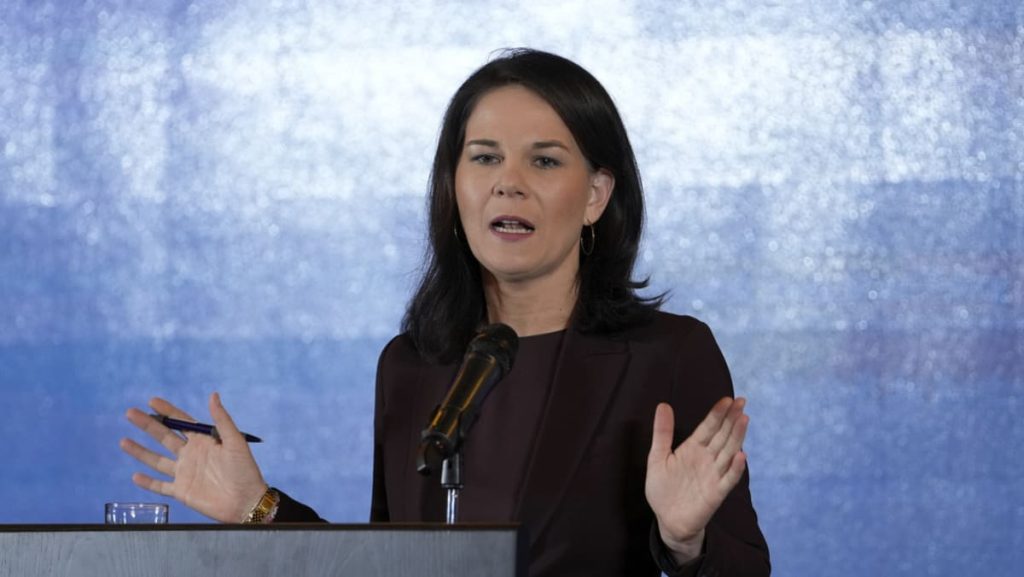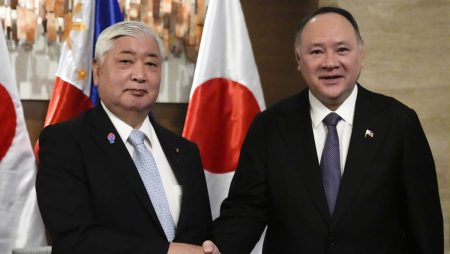On her surprise visit to Ukraine, German Chancellor Olaf Scholz emphasized the necessity of supporting Ukraine to safeguard both German and European security in the face of ongoing conflict. This visit underscored Germany’s commitment to Ukraine’s defense as a pivotal element of broader European stability. Subsequently, Scholz highlighted the importance of initiating a peace dialogue, which he intended to pursue in China. This indicates Germany’s dual focus on immediate military support for Ukraine while also seeking avenues for a long-term resolution to the crisis, acknowledging the complexity of international relations in balancing support with efforts for peace.
Relations with China, particularly in the context of the Ukraine war, pose significant concerns for European security. German Foreign Minister Annalena Baerbock articulated these worries, stating that while China promotes itself as a neutral entity, its continued political and economic partnership with Russia complicates the geopolitical landscape. Baerbock stressed that the supply of drones from China and the potential involvement of North Korean troops are direct threats to Europe’s core security interests. Her remarks suggest a growing unease among European nations regarding China’s ambiguous stance on the war and the potential consequences of its support for Russia.
Baerbock’s discussions in Beijing underscored the tension between China’s role in the Ukraine conflict and its relations with Europe. She articulated that increasing Chinese support for Russia would naturally affect diplomatic ties, branding it as a significant issue for Germany and the EU at large. This acknowledgment of the interconnectedness of international actions exemplifies how global politics can influence bilateral relations, particularly amid crises. Baerbock’s visit was more than a diplomatic gesture; it was a strategic move aimed at reasserting European interests and mitigating risks associated with China’s stance on Ukraine.
In addition to security dialogue, Baerbock made it clear that economic relations between Germany and China remain a focal point. The German economy, particularly its automotive sector, is keenly dependent on the Chinese market. She called on Chinese authorities to foster fair competition and equitable market conditions, especially regarding tariffs on electric vehicles—a sensitive topic following the EU’s decision to impose additional tariffs after concluding that these subsidies unfairly benefitted Chinese automakers. Baerbock’s stance highlights the balancing act that Germany must perform to safeguard both its economic interests and its values regarding fair trade practices.
Germany’s opposition to EU-imposed tariffs signals an effort to maintain open dialogue with China despite rising tensions over the Ukraine conflict. As major German automakers like Volkswagen face declining profits, the industry is clearly concerned about potential economic fallout from strained relations with China. Baerbock’s approach seeks to encourage a constructive relationship with China, recognizing the importance of maintaining trade ties while addressing the geopolitical implications of China’s associations with Russia. This dual strategy might be crucial for Germany as it navigates an increasingly complex global market while responding to security threats.
In conclusion, the interactions between Germany and China concerning the Ukraine war reveal the intricate web of contemporary international relations, where security concerns and economic interests are often interlinked. As Germany rallies support for Ukraine while simultaneously addressing its ties with China, it illustrates the multifaceted approach required in modern diplomacy. Baerbock’s efforts to balance these aspects reflect the broader challenge facing Europe in responding to geopolitical crises while ensuring economic stability. The outcome of these dialogues will be pivotal not only for Germany and Europe but also for the wider global order amidst rising tensions and changing alliances.










